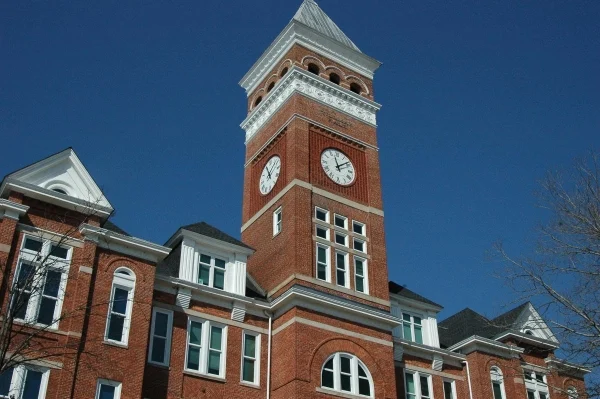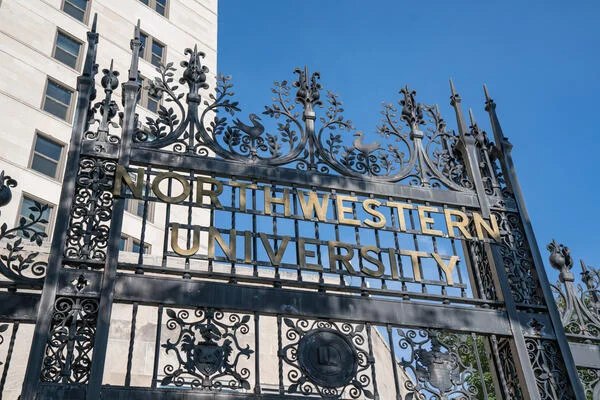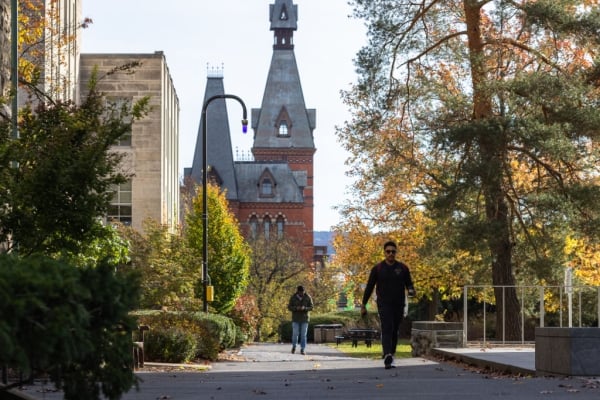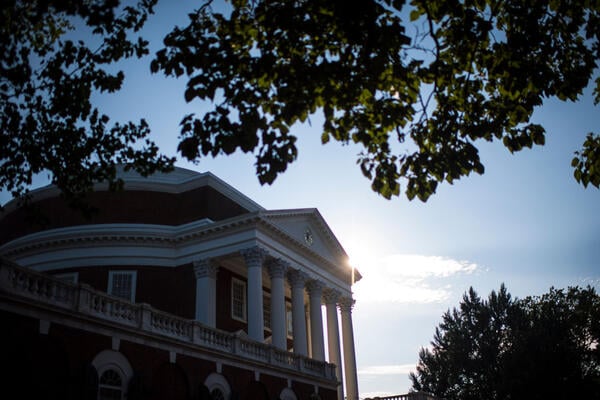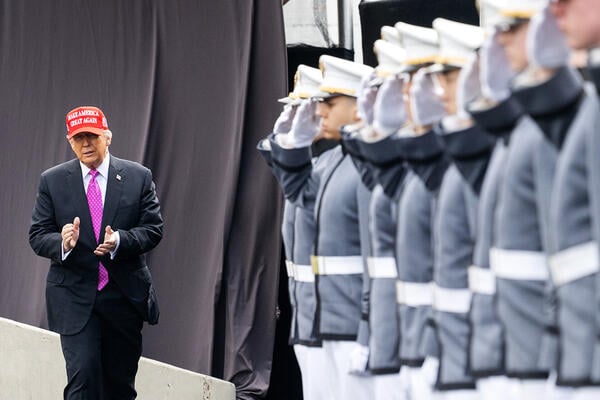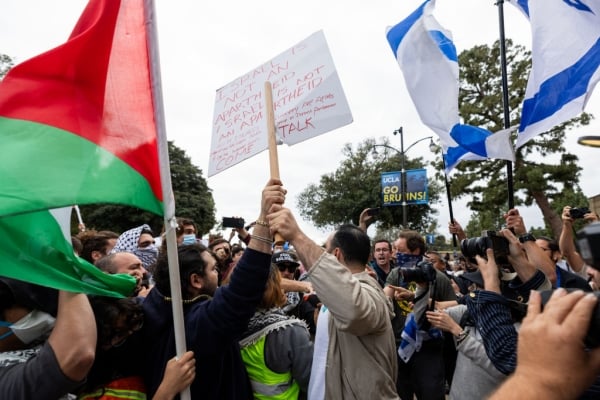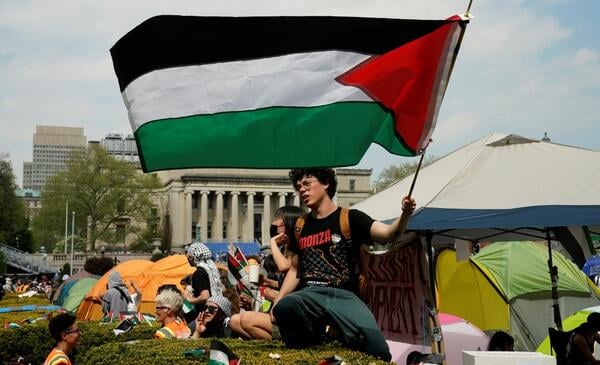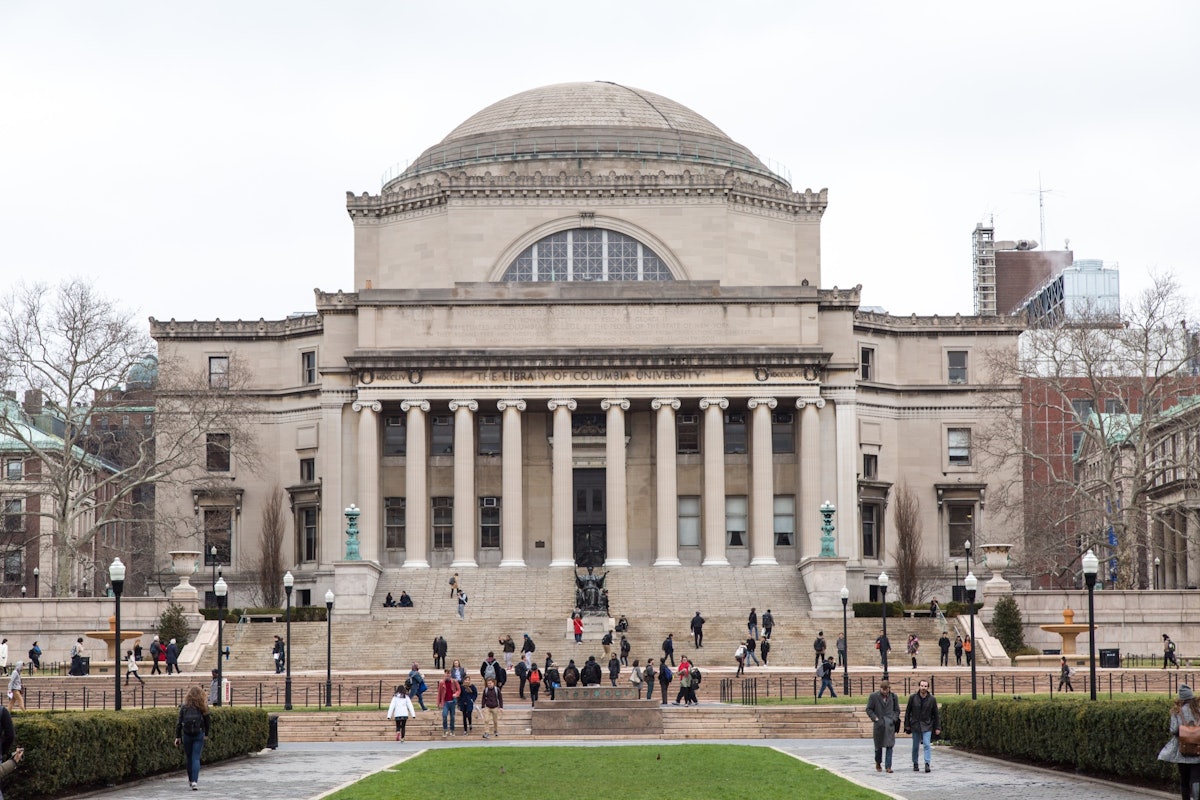Northwestern University has reached an agreement with the Trump administration to restore federal research funding. The university will pay the federal government $75 million and enact various changes. In return, the federal government will lift a freeze on millions in research funding.
As part of the settlement, Northwestern agreed to adhere to federal antidiscrimination laws and to not give preferences in admissions, scholarships, hiring or promotion that are based on race, color or national origin; to maintain clear free speech policies; and to mandate antisemitism training for all students, faculty and staff. University officials will also reverse a 2024 deal made with pro-Palestinian student protesters in which Northwestern agreed to provide more support for Muslim, Middle Eastern and North African students and greater financial transparency.
The settlement also bars Northwestern’s Feinberg School of Medicine from performing “hormonal interventions and transgender surgeries” on minor patients, according to language in the agreement. However, university officials have said that does not reflect a change in practice. Instead the agreement merely codifies that Northwestern will not provide such services.
Northwestern is now the sixth university to strike a deal with the Trump administration, following settlements with the University of Pennsylvania, Columbia University, Brown University, the University of Virginia and Cornell University. Of those settlements, Northwestern has the second-highest financial payout at $75 million, trailing only Columbia, which agreed to pay $221 million. Unlike the Brown and Cornell settlements, all of the money will go directly to U.S. government.
A Path Forward
Northwestern leadership cast the settlement as a win, despite the $75 million payout.
“It was the best and most certain method to restore our federal funding both now and in the future,” interim president Henry Bienen said in a video message following the settlement.
The Trump administration froze $790 million in federal research funding earlier this year amid concerns about alleged antisemitism on campus following pro-Palestinian demonstrations in 2024. Last year, at the height of the protests, then-president Michael Schill struck a deal with pro-Palestinian students, known as the Dearing Meadow agreement, which has now been scuttled. That deal was heavily scrutinized by Congress when Schill testified in May 2024. (Schill would later resign, stepping down this fall amid the standoff over frozen federal research funding.)
Though Harvard University brought a successful lawsuit against the federal government, prompting a judge to rule in July that a similar funding freeze there was illegal, Northwestern aimed to avoid a costly and protracted legal battle in an effort to quickly restore research dollars.
Bienen argued in the video that “suing would have cost time and money that we believe the university could not risk” and the settlement was “the best path forward for us to be able to turn the page.” Despite an endowment valued at more than $14 billion, Bienen said, the university could not afford to sustain its research mission on its own. Had that freeze continued, Bienen said it would “gut our labs, drive away faculty, and set back entire fields of discovery.”
Northwestern, like other wealthy institutions hit with federal funding freezes, has made a number of cost-cutting moves as it navigated sudden financial challenges related to the research enterprise. Earlier this year Northwestern eliminated 425 jobs as part of overall budget reductions.
Now the federal funding spigot is set to be turned back on, though officials noted on the university website that “some terminated grants will not be reinstated, specifically those the federal government has cut” and that “these decisions were not specific to Northwestern.”
The university did not admit to any wrongdoing in the settlement.
Northwestern also answered a question that has been hanging over numerous other universities in its settlement communications, stating that it will not sign the Trump administration’s proposed “Compact for Academic Excellence in Higher Education.” Originally floated to only a few universities before it was opened to all, the compact would provide preferential treatment in federal funding in return for various changes, many of which experts warn would undermine academic freedom. So far, few institutions have expressed interest in the proposal.
A Landmark Deal
Federal officials also hailed the settlement with Northwestern as a win.
“Universities that receive federal funding have a responsibility to comply with the law, including protecting against racial discrimination and antisemitism,” Assistant Attorney General Harmeet K. Dhillon of the Justice Department’s Civil Rights Division said in a news release. “We appreciate the significant improvements Northwestern has made and are gratified to reach an agreement that safeguards of rights [sic] of all the university’s applicants, students, and employees.”
Education Secretary Linda McMahon called the settlement a landmark deal.
“The deal cements policy changes that ‘will protect students and other members of the campus from harassment and discrimination,’ and it recommits the school to merit-based hiring and admissions. The reforms reflect bold leadership at Northwestern, and they are a roadmap for institutional leaders around the country that will help rebuild public trust in our colleges and universities,” McMahon said in the DOJ news release that announced the settlement.

